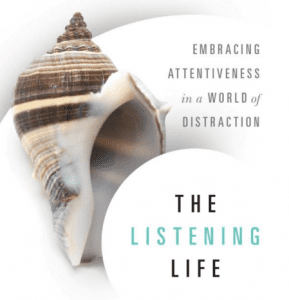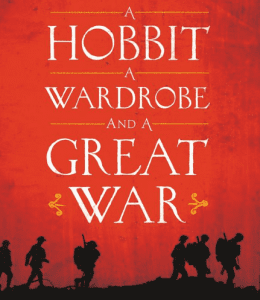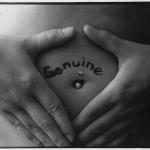OK, a friend wrote not all that long ago and told me he had recently purchased a book by a well-known author. It was a commentary. The publication date was 2010 and it said “First edition.” Only problem is this: it was originally published more than a decade earlier but was re-issued in a new series and now, since it was a new series, it was “first edition” … well, hogwash on that. It was really a re-publication, and surely it sold more copies because it said “first edition.”
Not long ago I read a book by a friend whose book had been published in another country first. The book had a different title in the USA and nowhere on the copyright page did the publisher tell us something like this: “Previously published in Country with the title [fill in the blank]. Same book, new country.” A friend of mine had bought both books because he thought it was a different book. He said he checked the copyright page on Amazon and it didn’t say it was a new book.
Who has a story about this?
Sure, we all get it that publishers have to make money and most of us contribute sums of money to said publishers. But isn’t there a moral issue at work here?
So here’s my suggestion: On the copyright page, in very clear and readable English, inform the reader of the relation of this edition to any previously published edition.
If the previous edition is only lightly edited, say a new Preface or Introduction, say that. Don’t slip by with “Revised Edition” when it really isn’t revised. It’s only touched up briefly. Tell us what has actually happened so far as that is possible. If it is a thorough revision, say so; if it adds one chapter, say that.
Publishers, don’t you think that is fair? We, your readers, agree.















